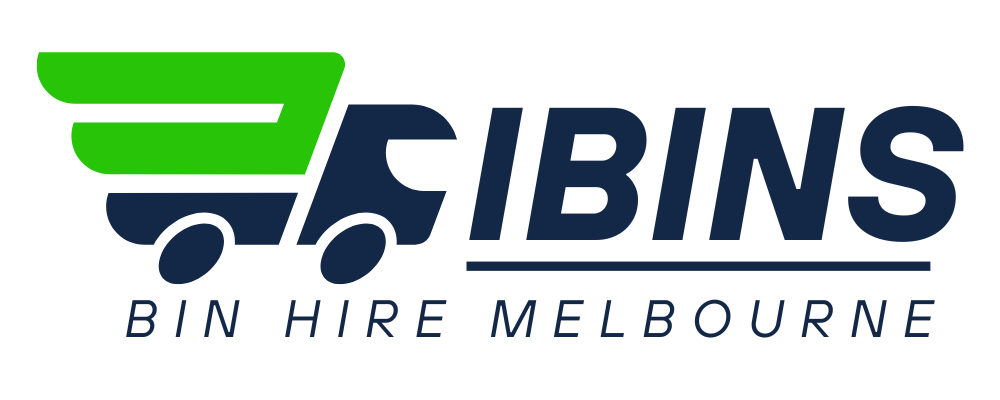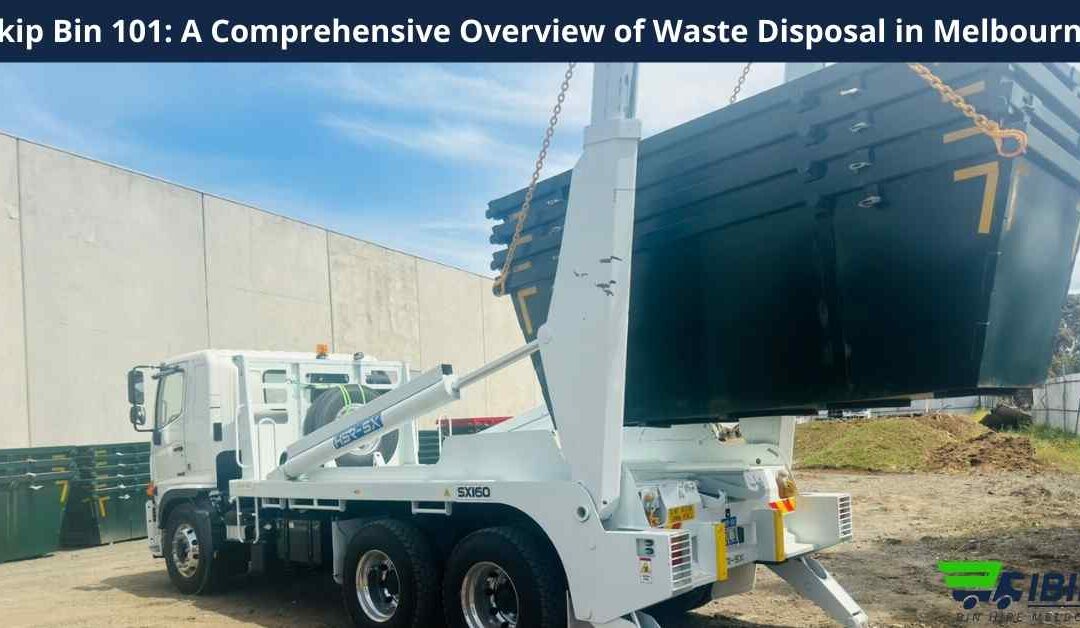Waste management is a critical aspect of maintaining a clean and sustainable environment, and skip bins play a significant role in this process. In Melbourne, where urbanization and population growth are constant factors, understanding waste disposal methods and utilizing skip bins effectively can make a substantial difference in managing waste responsibly. In this comprehensive guide, we’ll delve into the various aspects of waste disposal in Melbourne and explore how skip bins can streamline the process.
Understanding Waste Types
Before delving into skip bin usage, it’s essential to understand the different types of waste generated in Melbourne:
- General Waste: This includes everyday household waste such as food scraps, packaging materials, and non-recyclable plastics.
- Green Waste: Organic waste from gardens and landscaping activities, including grass clippings, branches, leaves, and prunings.
- Construction and Demolition Waste: Generated from building and renovation projects, including materials such as concrete, bricks, timber, and plasterboard.
- Recycling: Materials that can be recycled, such as paper, cardboard, glass, plastic bottles, and aluminum cans.
Choosing the Right Skip Bin
Skip bins come in various sizes and types to accommodate different types and volumes of waste. Here’s a breakdown of common skip bin sizes and their suitable applications:
- Mini Skip Bins (2-3 cubic meters): Ideal for small household clean-ups, garden waste, and minor renovation projects.
- Medium Skip Bins (4-6 cubic meters): Suitable for larger household clean-ups, moderate renovation projects, and green waste disposal.
- Large Skip Bins (8-12 cubic meters): Designed for significant renovation or construction projects, bulky waste disposal, and commercial use.
- Specialized Skip Bins: Some skip bin providers offer specialized bins for specific types of waste, such as mixed heavy waste, asbestos removal, or concrete recycling.
Skip Bin Placement and Regulations
Proper placement of skip bins is crucial to ensure safety, accessibility, and compliance with local regulations. Here are some guidelines to follow:
- Placement Location: Choose a flat, stable surface for placing the skip bin, away from overhead obstacles such as power lines or trees. Avoid blocking driveways, footpaths, or roadways.
- Permits: Depending on the location and duration of skip bin placement, you may need to obtain a permit from the local council. Check with your skip bin provider or council for permit requirements.
- Safety Measures: Ensure the skip bin is equipped with safety features such as reflective markings, warning signs, and covers to prevent unauthorized access and minimize hazards.
Filling and Loading the Skip Bin
Proper filling and loading of skip bins maximize space efficiency and minimize safety risks. Follow these tips:
- Level Loading: Fill the skip bin evenly and avoid overloading it beyond the top edges. Overfilled bins pose a safety risk during transportation and may incur additional fees.
- Compact and Flatten Waste: Break down large items and compact waste to maximize space utilization. Flatten cardboard boxes and stack items neatly to optimize volume.
- Hazardous Materials: Do not dispose of hazardous materials such as asbestos, chemicals, batteries, or paint in skip bins. These require specialized handling and disposal methods.
Environmental Considerations
Waste disposal has environmental implications, and choosing responsible waste management practices is essential. Here’s how skip bin usage can contribute to environmental sustainability:
- Recycling Initiatives: Many skip bin providers offer recycling services to divert recyclable materials from landfills. Separate bins for recycling materials such as paper, cardboard, glass, and plastics encourage environmentally friendly waste disposal.
- Green Waste Management: Proper disposal of green waste through skip bins facilitates composting and organic recycling, reducing greenhouse gas emissions and supporting soil health.
- Waste Reduction Strategies: Implementing waste reduction strategies such as composting, reusing items, and minimizing packaging waste complements skip bin usage and promotes a circular economy.
Effective waste disposal is a shared responsibility, and skip bins offer a convenient and efficient solution for managing waste in Melbourne. By understanding waste types, choosing the right skip bin size, adhering to placement regulations, and prioritizing environmental considerations, individuals and businesses can contribute to a cleaner, healthier, and more sustainable community. Whether it’s a household clean-up, renovation project, or commercial waste management needs, skip bins provide a versatile and adaptable solution for waste disposal in Melbourne.
If you are in Deer Park, Victoria 3023, and looking for a skip bin hire Melbourne service, this is the best way to visit us
IBINS Pty Ltd
83 Forsyth Rd, Hoppers Crossing VIC 3029

